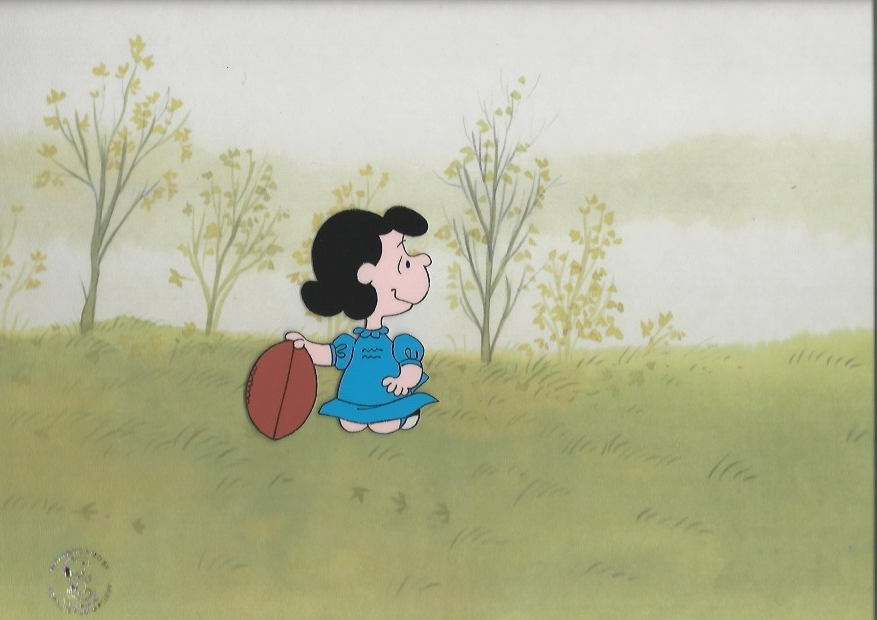

I quite frankly flat out do not understand why people on the left are so against space exploration suddenly
Ever heard the song “whitey on the moon?”
Setting that aside, exploring space is not the same thing as building a company town for the world’s least mentally stable pregnancy fetishist oligarch in an unworldly cold desert where everyone is sure to die.




He’s a “free-breathing absolutist.” He thinks everyone should have a supply of oxygen except the people he personally doesn’t like.